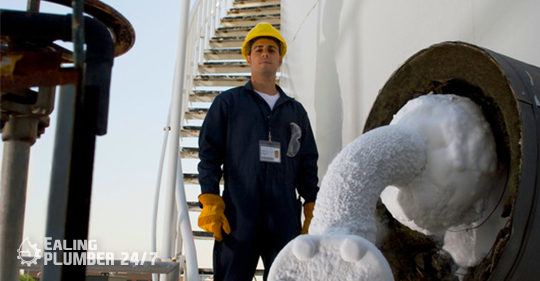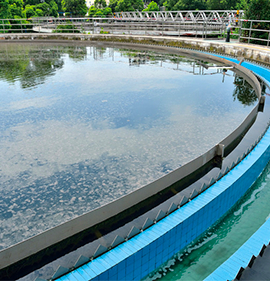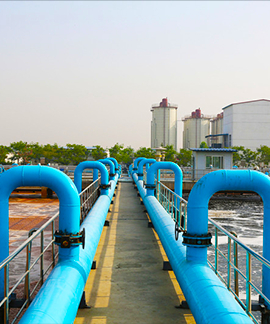

Water quality is of paramount importance to the quality of life as well as the business sector. Having clean water is very important and it is a major investment to ensure that you have good water quality in your home, workplace or anywhere else.
Water Treatment Ealing is a process used to improve the quality of water that is considered contaminated or polluted. The water can be surface water (from lakes, rivers, reservoirs, etc.) or groundwater (from aquifers). Surface water treatment removes physical contaminants from the water, while groundwater treatment removes chemical contaminants.
Aquatic organisms are also exposed to contaminants in the water and may become toxic at certain levels. Plants and animals that live on banks or in the bottom of a lake are not harmed by surface water contaminants as they are diluted and dissipate quickly, but groundwater contamination can remain in the environment for long periods of time.
Treatment techniques vary depending on local laws, regulations and industry practices.
The importance of Water Treatment Ealing cannot be overemphasized. It is a necessity of life. Good quality and reliable water is necessary to health, recreation, livestock and all forms of plant and animal life.
Treatment plants are necessary for municipal water supplies and industrial uses.
There are different kinds of treatment, depending on the type of water being treated and the purpose for which it will be used. The two main types are surface water treatment and ground water treatment. Surface water may be from rivers, lakes or reservoirs, while ground water may come from wells or similar sources deep below the surface of the earth.
Water Treatment Ealing plants remove impurities, such as dissolved salts, suspended matter or other substances that could make the water harmful if used for drinking or other purposes.
The most common method used today is filtration using sand, gravel or charcoal to remove suspended matter and dissolved solids from the water. Other methods include chlorination to kill bacteria and fluoride for dental health concerns. Treatment also often includes disinfection by adding chlorine or another chemical to kill disease-causing microorganisms in the water supply.
- To avoid contaminants in your drinking water, it’s important to clean and purify the water that you consume. Disinfect water using chlorine or iodine tablets.
- Because some serious diseases can be transmitted through contaminated drinking water, it’s sometimes necessary to boil your water for a few minutes. The boiling process will kill potentially harmful microorganisms and parasites.
- To make sure that you’re getting the cleanest water possible, ask your local water department if there are any contaminants in your area and what the risks are. If they recommend treating your water, do so by following the directions on your filter. If they don’t recommend treatment, contact them regularly to check on any changes.
- If you have a well in your home, consider having it tested frequently because groundwater can be contaminated with bacteria, nitrates and parasites. If there are no central sewer lines to connect you to a wastewater treatment plant, consider setting up a septic system.
- After collecting rainwater from your roof through gutters or a rain barrel, make sure it is safe for consumption. Water from leaves or plants can be contaminated with lead. Make sure that stored rainwater is treated before using it for drinking or cooking.
If you need the Plumber Ealing Broadway team that can solve all your plumbing operations quickly and affordably, you can reach our Emergency Plumber Ealing 24/7 services from our phone numbers. After you contact us, our nearest Emergency Drainage Ealing employee will assist you for the most appropriate solution.
Frequently Asked Questions About Water Treatment Ealing
How often should I change my water filter?
You should replace your water filter cartridge at least every 6 months, or sooner if there is a noticeable reduction in water pressure. In cases of hard water, the frequency may be reduced to every 3 months.
Can I use distilled water in my home purifier?
Yes, distilled water (distilled by reverse osmosis or de-ionization processes) is perfectly safe for use in your home purifier. In fact, we recommend using only distilled water in conjunction with certain ion exchange resin cartridges.
What is the water hardness in my area?
A water hardness test can be done by your local water company. This will tell you the level of hardness. Your local hardware store should have a test kit for this purpose, if you are unsure of your water hardness level

Get A Free Estimate
We are more than happy to give advice on which solution is most suitable for your needs, depending on your Water Treatment Plumbing Services in Ealing. Why not ask us to view your property and discuss the various options with you now. Our advice is free!


